In This Month’s Newsletter
New Classic Salaries
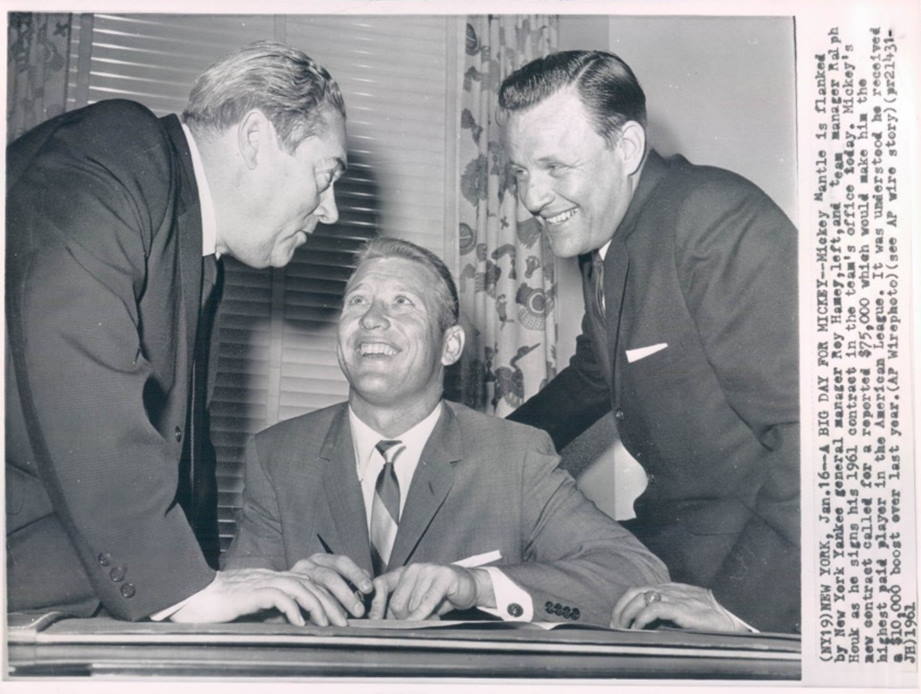
With the end of March came new salaries for Classic (career-rated) players.
Topping the salary jumpers was Babe Ruth, with a $2,464,000 increase, from $29,252,000 to $31,716,000. The ever-popular Mickey Mantle has the second-highest salary in the player pool, with a $2,268,000 raise taking him from $26,865,000 to $29,133,000. And Ken Griffey Jr. got a $2,297,000 boost to $20,032,000, his first time over the $20 million mark.
Ken Griffey Jr MLB Career and Early Life
The cycle was the first time the introductory salaries of the last batch of new Classic players were subject to adjustment, and a few of the most popular received big increases, led by a trio of pitchers who each went up by over $2 million: Gio Gonzalez – $5,556,000 to $7,760,000 (28.4%), Wandy Rodriguez – $4,155,000 to $6,356,000 (34.6%) and Marco Estrada – $4,156,000 to $6,314,000 (34.2%).
GOT XVI Round 1 Drafts Complete!
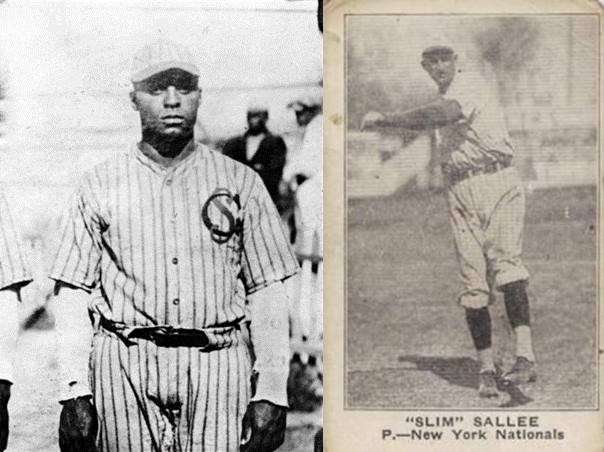
The new Classic salaries got a thorough road test, as manual drafts in the 13 Grand Open Tournament XVI Round 1 leagues got underway immediately after their introduction.
Oscar Charleston proved to be a popular choice, being selected first overall three times and being a first round selection in six other leagues. Chris (baudib) Baud stirred up a lively discussion on the message board with his assertion that Slim Sallee was deserving of a first round selection at his new salary.
The regular season in all Round 1 leagues has started and you can follow all the action here.
Registration is Now Open for Season 8 of The Ladder League SSG Association
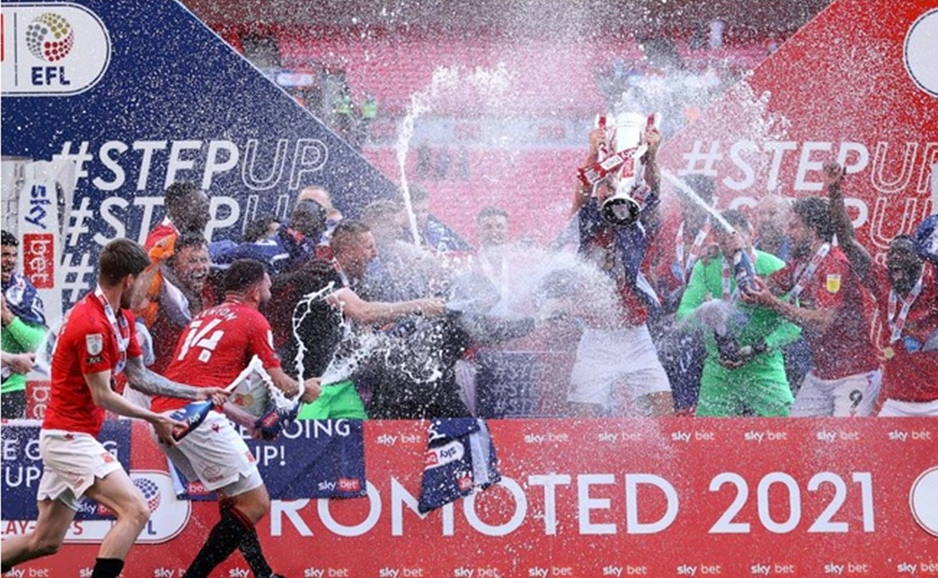 For those unfamiliar with them, the Ladder Leagues operate similarly to European soccer. The SSG Association presently is comprised of three ranked leagues. At the end of each Ladder Leagues season, the top teams from each league are promoted to higher leagues and the bottom teams are relegated to lower leagues. The promotion and relegation system in the Ladder Leagues ensures competitive leagues with similarly skilled owners.
For those unfamiliar with them, the Ladder Leagues operate similarly to European soccer. The SSG Association presently is comprised of three ranked leagues. At the end of each Ladder Leagues season, the top teams from each league are promoted to higher leagues and the bottom teams are relegated to lower leagues. The promotion and relegation system in the Ladder Leagues ensures competitive leagues with similarly skilled owners.
LLSSG leagues are manual draft leagues with the player pool comprising a single season.
Season 7 of the SSG Ladder Leagues utilized the 2013 season player pool with the DH off, set in the NL 2013 “era of play”. Season 8 progresses to the 2014 season with the DH on and will be set in the AL 2014 “era of play”.
For more information and to register, just click here.
King’s Roundtable Put Their Credit Where Their…
The King’s Roundtable and friends, from the Turnbuckle Bros podcast, challenged each other to a limited pool Classic (career-rated) manual draft league.
The Put Your Credit Where Your … league has reached the 1/3 mark of the regular season. Chris (tonzmaniac) Tonzillo’s Kurt Angle Slammers have the league’s best record (32-22), with the King, Steve (Lemayripper) Mutzu’s Mr.T’s A-Team next best (31-23).
League commissioner Dvd (dvdavins) Avins has been posting regular updates about the league on the General Discussion message board, where you can follow along with the strategy – and trash talk – as the regular season unfolds.
Never Miss Another Diamond Mind Online Monthly Newsletter!

If you’re not receiving our monthly newsletter by email, or would like to entice your friends to come on board, it’s easy to subscribe. Just go to or share this link and (they’ll) never miss another edition!
Custom Leagues Kings
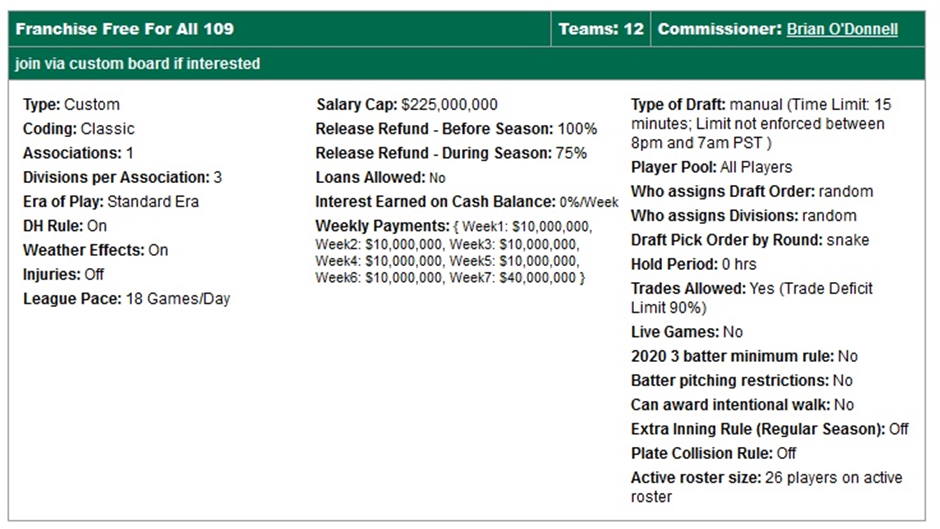
If you want to play in a tried-and-true format and create your team right now, standard leagues (Classic and SSG) are open to the public 24/7. But if you want to try something different, Custom Leagues – created by customers – are there in abundance.
There are franchise leagues, progression leagues, captains leagues, high and low salary cap leagues, “rags to riches” leagues, alphabet leagues, place of birth leagues … the possibilities are limited only by your imagination.
Diamond Mind Online would not be the same if the Community did not include some of the most clever and prolific creators of Custom Leagues. We’ll be featuring one of these in this space each month.
This month we’re visiting with Brian (brianod) O’Donnell. You can pretty much always count on one of Brian’s high cap, rapid fire manual draft leagues being “open for business” on the Custom Leagues message board. Here’s what Brian had to say:
Q: Tell us something about yourself: age, occupation, marital status, where you live, and interests (apart from DMO, of course).
A: I am 61 years old and happily married to my wife of 36 years, Lisa. Live in Manassas VA and recently retired from the Patent and Trademark Office where I managed the computer system that tracked Trademark applications. Interests outside of DMO mostly revolve around sports and family. Played baseball, football and ran indoor track in high school. Lisa and I raised three wonderful sons who have provided us with 5 grandchildren.
I coached little league for 10 years and graduated to coaching adult ball as the kids grew older. One of the things I treasured about coaching the kids as adults that I once coached as 11 yr olds is that I got the opportunity to see them grow up from boys to fine young men. I am very lucky to get invited to a lot of weddings and kid’s birthday parties from guys that I once coached as young boys. After 17 years of coaching baseball at a very competitive level, I now find myself coaching my grandkids in tee ball and machine pitch and enjoying every minute of it.
I’m an owner of the Packers and a season ticket holder of the Orioles. Instead of turning the O’s tickets in like most sane people, I keep getting better and better seats. I now find myself 22 rows back, directly behind home plate for a 13-game plan. I started rooting for the O’s in ‘71 and went to the seventh game of the series that year. Crazy or loyal? I’ll let others decide that.
Q: When did you start playing DMO and how did it first come to your attention?
A: I first started playing DMO at ESPN. At that time, I was a fantasy baseball fanatic. Also played fantasy football and basketball at ESPN. Anyway, I noticed this really cool concept game where you got to build your own team and watch how it does. Could also make moves to improve it. My first team won the World Series and I was quickly addicted. Made it to the finals of the GOT as a totally inexperienced newbie. Was humbled by the best owners in the game when I lost 99 games. In many ways, losing 99 games got me even more addicted as it showed me that I had a lot to learn if I was to compete with the best of the best.
One of the things I’m most proud of as I approach 2,500 teams played in this game is that I’ve never lost 100 games. Believe me, I’ve built some stinkers. I may not always be good, but I will always work my teams hard and compete til the end.
Q: You’ve created hundreds of high cap, fast-paced manual draft leagues. What got you started, and what keeps you going?
A: About 10 years ago, I was perusing the custom league board and wasn’t happy with the leagues that were available. So, I decided to create the original hi-cap league, the Franchise Free For All league. At the time, I had no intention of making it a continuing league, I had no intention of being someone who has commished hundreds of these leagues. I simply had a cool concept that I thought would be fun to play and hoped 11 other guys would agree.
At the time and even today, most leagues take days to fill. I was surprised and happy when this league filled the same day I announced it. I had a blast and so did the other owners. So, we did a second version and that filled in a couple of hours. The third version filled in under an hour. Well, it seems I stumbled on to something that was in very high demand. Today, there are five versions of the original format. All are franchise leagues. All have unique rules that allow all eligible franchises to be competitive. All are 18 games per day, 225 cap with a one-hour live draft. If you are curious as to the other specifics, you can find them on the custom board.
So each week I commish one of the formats along with a non-franchise, 225 cap league on Friday night. Also, most Sundays I commish an unlimited, 5-minute live draft. One thing I want to emphasize is that these are open leagues! We encourage and cherish new owners. As you can imagine, after 10 years, the competition in these leagues is well above average. So, don’t expect to come in and succeed immediately. Well, that can happen, but isn’t likely.
Q: What is it that you find appealing about this general format? Can you offer a few tips for success for those inexperienced with this format?
A: What do I like about the format and how to succeed in it? Much has been written and discussed about high cap leagues. There are those owners who vow never to play in the format. I’ve heard that results are random and talent of ownership isn’t as important. I can’t disagree more.
The owners I regularly compete against are some of the top owners in the game. These leagues have become very competitive over the years. Like I said, I stumbled into this. I love the formats, I love big upgrade money to allow major moves to be made in season. But I’ll play in any format … Masters, GOT, Single Season. I enjoy them all.
To succeed, simply apply the same principles you apply to a standard league. In 225 caps, value still matters. Basic principles like park, pitching, defence still apply. One thing I do recommend is to be consistent. If you get Babe as the first pick, continue with offense. If you get Mays or DiMaggio, continue with defence. If you get Maddux, get good infield D and other strong pitchers.
One common denominator of all these leagues is that you have to be light on your feet. They are fast live drafts and you have to be able to adapt to whoever is available. That is why I allow parks to be changed up until the end of the draft. You never know what value will fall to you and whatever you end up with, pick the park that matches your team. Do not pick a park early and try to build towards it because that is often fool’s gold. Also, know the catalog! Speaker played for the Senators/Twins. Sosa played for the O’s. Berra played for the Mets. I could go on. But, in the franchise leagues, know who is available and who isn’t before the draft.
Q: Is there any advice you would give to people who haven’t created a Custom League before, but would like to give it a try?
A: After being the commissioner for over 500 leagues, what advice can I give to others that have considered starting a league but have never done it before?
First, devise a format that is fair for all. That is your first priority. Starting an unlimited franchise league with priority rights to most games played and then taking the Yankees is bad form. One of the things that make my leagues popular is that the rules provide the 12th owner joining a good shot to win. Since I almost never pick before 7th, it is in my interest to make that happen.
As for the actual mechanics of the draft, be available. Don’t start a league where you are unavailable to resolve difficulties. At least until you’ve done it a few hundred times. Probably best to start with an autodraft league.
When you graduate to fast live drafts, be consistent. Don’t roll back for a friend in the 10th round after denying someone you don’t know in the 8th round. Basically, follow the golden rule. Be prepared to take some hits. Life happens for us all and this is a game. Be able to turn the other cheek and be fair, consistent and respectful when things happen. Be prepared to defend your position with facts and keep in mind that all your decisions should be made with the idea that there are 12 guys in the league. Issues between the commish and another owner should always be resolved by what’s best for all 12 owners.
Last thing I want to say is thanks to all those that participate and play in my leagues. I’m just a facilitator, you guys make the leagues great.
The Tipping Point
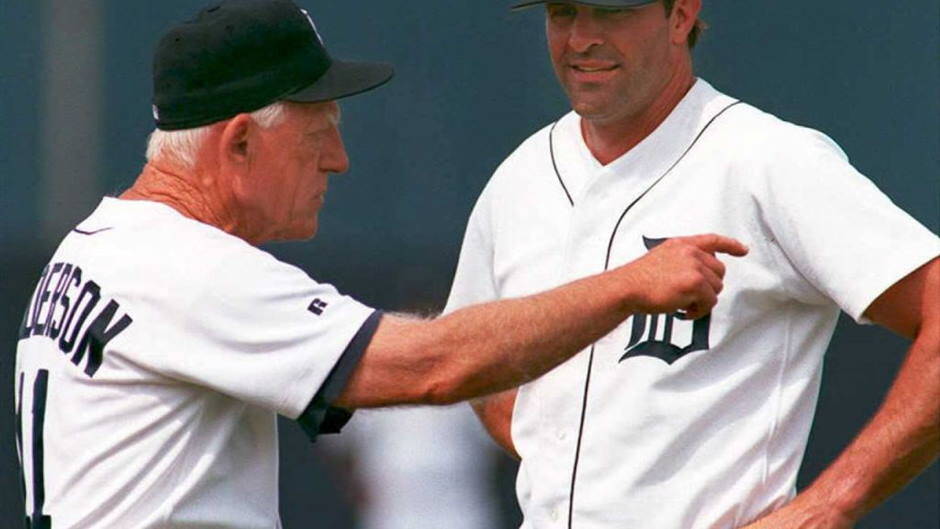 Each month we’ll offer a few tips in this space that may come in handy for the beginner as well as the experienced team owner.
Each month we’ll offer a few tips in this space that may come in handy for the beginner as well as the experienced team owner.
Captains leagues are a popular custom leagues format: team owners choose one or more players as “captains” and then are limited to teammates of their captain(s) to fill out the rest of their roster.
Obviously, choosing your captain(s) is a crucial decision. Here are some tips for making those choices:
The quality of teammates is more important than the quality of captain(s). It’s always great if your captain is a quality player who can play a key role on your team. But your captain will be just one player of 28. If you have a choice between a “good” captain with a “bad” player pool of teammates, and a “bad” captain with a “good” player pool of teammates, you probably should go with the latter.
How complementary is the potential player pool? A potential player pool may be loaded with quality players, but if it offers multiple options at some positions yet is weak at others, it may not be as good as a player pool with fewer quality players but also without any real weaknesses.
Is the potential player pool a good fit for the league’s parameters? A player pool loaded with stars may be impressive, but a poor fit for a league with a salary cap and weekly income that cannot possibly accommodate them all. Sometimes a player pool that includes good value innings-eating pitchers and inexpensive but serviceable regular position players can be a better fit than one loaded with Hall of Famers.
Consider your upgrade path. Here’s where things can get really complicated: when assessing a potential player pool, you need to consider both your Opening Day roster, and whether you will be able to make optimal use of your upgrade money. Will you be able to follow an upgrade strategy that both improves your team over the season and minimizes paying for unused PA and IP?


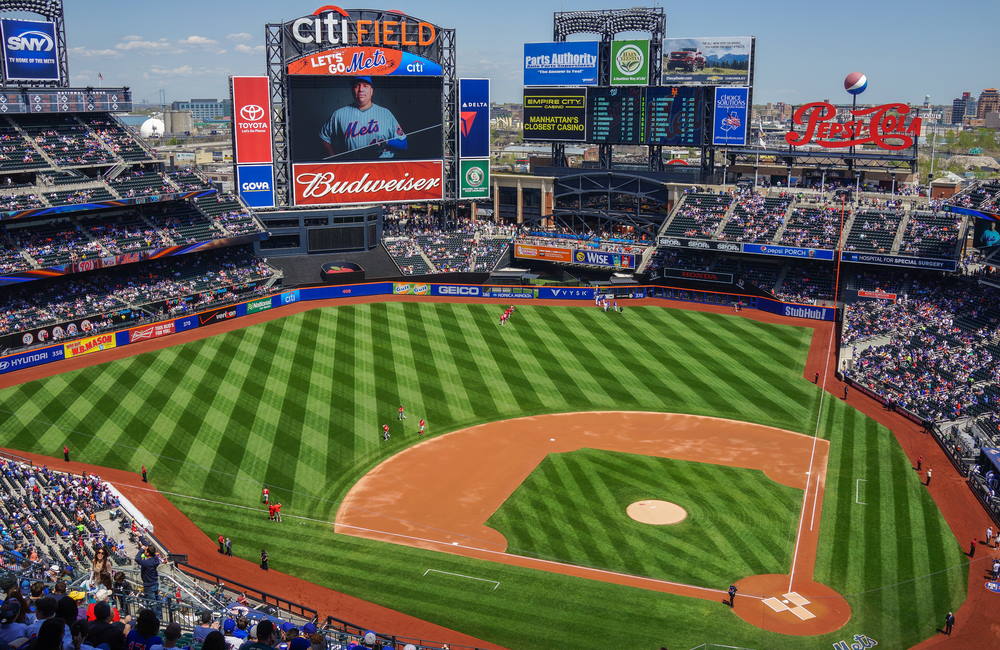
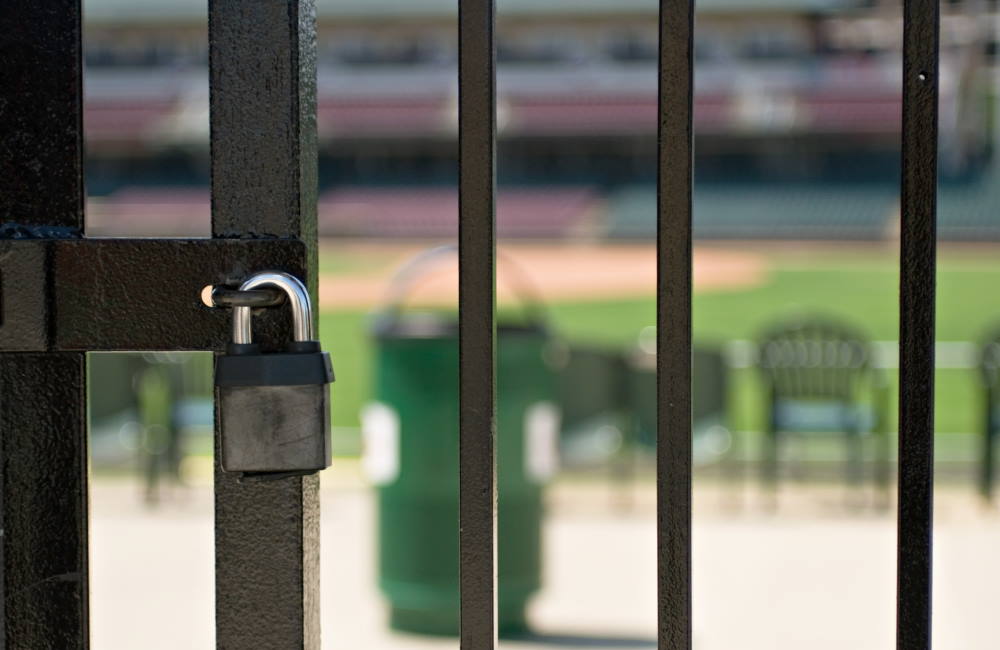

Leave A Comment